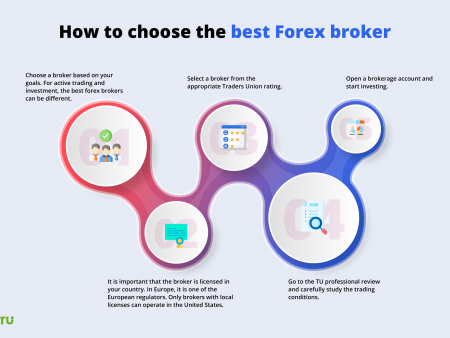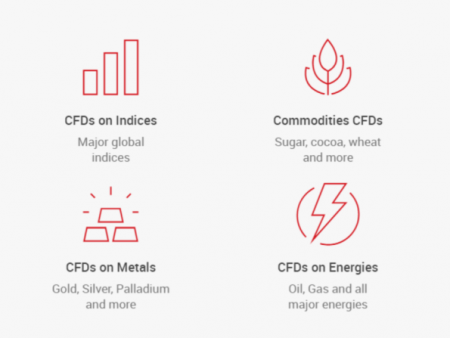
Trading in forex involves paying taxes on the profits. Some countries have more stringent tax policies than others, so it is important to know your local regulations. There are several ways to determine whether you will have to pay taxes when trading. HMRC offers a checklist for foreign investors and can tell you whether you need to pay any tax. The checklist breaks down tax rates by filing status, trade duration, and frequency. Depending on your situation, you could end up paying between 10% and 45% of your trading profits.
Traders can save money on their taxes by filing under Section 1256. However, this tax strategy has its drawbacks. The amount of taxable income you can reduce is capped at $3,000 per year. This means that if you earn a net loss of $10,000, you will only be able to deduct $3,000 from your taxable income.
If you are trading in foreign currencies, the amount of taxable value is 18% of the transaction value. If you hold a currency for more than 12 months, you will be able to enjoy a discount on your tax bill. However, you will still have to pay the taxes on the profits you have earned from forex trading.
Traders in South Africa must declare all profits from forex trading on their annual tax returns. If you don’t report all of your profits, you can face penalties and interest if you do not pay the tax. In Australia, forex trading is legal and many brokers are available for residents. Many people have become financially independent through forex trading. Forex trading tax rates differ from country to country. While many traders choose this way to invest, the biggest participants in the Forex market are institutions and institutional traders. Consequently, the impact of forex trading tax on retail traders is minimal.
There are several different ways to minimize taxes when trading Forex. It is possible to use spread betting to minimize taxes on your forex gains. However, if you are not a limited company, you will have to pay personal income tax on your forex profits. To avoid any penalties, you should seek the advice of a personal accountant.
Foreign exchange trading tax laws can change quickly. Because of this, you should research these rules before making any trades. As with any other financial investment, it is always wise to consult with a tax professional before making any final decisions. It is also important to understand your individual tax obligations. For example, if you earn more than $10,000 a year, you’ll have to pay taxes on 40% of your earnings. This will vary based on your individual tax bracket.
In addition to determining whether or not you will be charged with taxes on your forex trading income, you need to understand the rules and regulations that govern the taxation of your profits. US tax law looks favorably on traders who meet certain classification requirements. It also allows you to deduct trade-related expenses on Schedule C. These expenses can include office equipment, educational resources, phone bills, and a host of other costs. It is important to keep receipts for all purchases, because the IRS may request proof that your purchases are solely for trade purposes.









